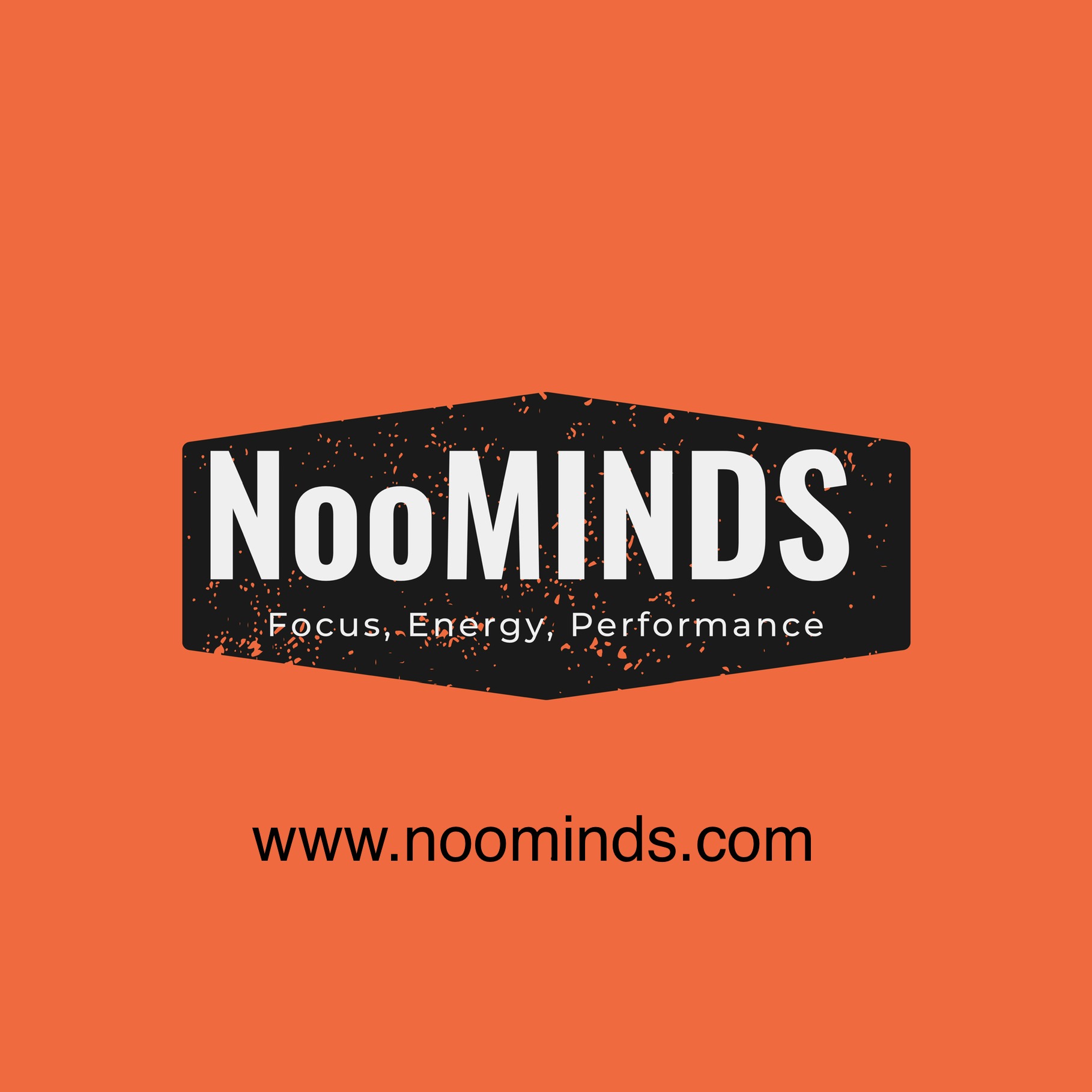Guidelines for Building a Performance-Focused Diet
- Craig Elliott
- Jul 14
- 4 min read
In the competitive world of sports, maintaining a performance-focused diet is vital for success. Athletes need to fuel their bodies with the right nutrients to enhance their performance, speed up recovery, and improve overall health. This blog post outlines practical guidelines for building a diet that maximizes athletic performance while providing insights into the importance of nutrition coaching.
The Role of Nutrition Coaching in Athletic Performance
Nutrition coaching is the practice of providing tailored dietary advice aimed at meeting an athlete's individual needs. A successful diet requires careful consideration of macronutrients, micronutrients, hydration, and timing of meals. Working with a nutrition coach can help athletes understand their unique requirements based on their sport, training routine, and goals.
An effective nutrition coach guides athletes through the complexities of dietary choices, helping them select food that not only satisfies hunger but also fuels performance. They also monitor progress and make adjustments based on results and feedback. Whether an athlete is training for a marathon or focusing on strength training, nutrition coaching offers the personalized insight necessary for success.

Building Your Performance-Focused Diet
To build a performance-focused diet, athletes must consider several components:
Macronutrient Balance: Carbohydrates, proteins, and fats all play essential roles in athletic performance.
Carbohydrates: They are the primary energy source for athletes, especially during high-intensity activities. Good sources include whole grains, fruits, and vegetables.
Proteins: Necessary for muscle repair and growth, athletes should consume lean sources such as chicken, fish, beans, and legumes.
Fats: Healthy fats, such as avocados, nuts, and olive oil, support hormone production and overall health.
Hydration: Staying hydrated is crucial for maintaining peak performance. Athletes should drink water regularly throughout the day and consume fluids before, during, and after workouts.
Meal Timing: The timing of meals can significantly impact performance. Athletes should aim to consume a combination of carbohydrates and protein within 30 minutes to two hours after exercising to promote recovery and replenish glycogen stores.
Whole Foods: Prioritize whole, minimally processed foods to maximize nutrient intake. Foods in their natural state offer more vitamins, minerals, and phytonutrients than their processed counterparts.
By effectively balancing these elements, athletes can create a performance-enhancing diet tailored to their unique needs and goals.
What are the Best Nutritional Supplements for Athletes?
While whole foods should form the backbone of an athlete's diet, some may benefit from supplements. However, it's essential to approach supplementation cautiously and under the guidance of a qualified professional.
Protein Powders: Ideal for athletes who need to increase their protein intake for recovery, protein powders can be a convenient option. Whey protein is a popular choice for its rapid absorption.
Branched-Chain Amino Acids (BCAAs): These amino acids can help reduce muscle soreness and fatigue during intense workouts. They are especially beneficial when taken before or after exercise.
Creatine: Widely studied and effective for increasing strength and power during short-duration, high-intensity activities, creatine may enhance performance in sports such as weightlifting and sprinting.
Omega-3 Fatty Acids: Known for their anti-inflammatory properties, omega-3 supplements can support joint health and may enhance recovery after strenuous exercise.
Electrolyte Replacements: For athletes who engage in prolonged physical activity, replenishing electrolytes lost through sweat is critical. Electrolyte drinks or tablets can help maintain hydration and proper muscle function.
While supplements can play a supportive role, athletes should focus on obtaining the majority of their nutrients from whole foods. Always consult a healthcare professional before starting any supplement regimen.

Understanding Nutritional Needs for Endurance vs Strength Sports
Different types of sports impose varying demands on the body, and dietary needs can differ accordingly.
Endurance Athletes: For those participating in sports like running, cycling, or swimming, a higher carbohydrate intake is essential to store glycogen and sustain energy levels during prolonged exercise. These athletes should consider strategies such as carb-loading before events and incorporating easily digestible carbs during long workouts.
Strength Athletes: Strength training requires a more balanced focus on carbohydrates and proteins. Strength athletes should prioritize protein intake to support muscle repair and growth, typically aiming for at least 1.2 to 2.0 grams of protein per kilogram of body weight per day. Additionally, they may benefit from increased calorie intake to support their training regimen.
Understanding these differences can help athletes seek nutritional support tailored to their sport-specific needs and improve their overall effectiveness.
Crafting a Sustainable Eating Plan
An effective performance-focused diet must also be sustainable. Here are some practical tips:
Prepare Meals in Advance: Meal prepping allows athletes to have healthy options readily available, making it less likely for them to turn to unhealthy alternatives when short on time.
Enjoy a Variety of Foods: Eating a wide range of foods ensures that you receive all essential nutrients. Experiment with different recipes and food combinations to keep your diet interesting.
Listen to Your Body: Timing and volume of food intake can vary from athlete to athlete. Pay attention to hunger and satiety cues and adjust your meals accordingly.
Seek Professional Guidance: Partners like Noominds can provide expert advice and support. Their focus on nutritional support for athletes ensures that every individual receives tailored coaching based on personal goals and requirements.

Moving Forward with Nutrition Coaching
Implementing the guidelines for a performance-focused diet can significantly enhance an athlete's capabilities. It’s not just about eating right but understanding how food choices influence performance and recovery. Nutrition coaching is an excellent resource for athletes, as it provides personalized support that can lead to better outcomes.
Incorporating these practices into your daily routine will help ensure that you fuel your body effectively. By prioritizing nutrition, athletes can unlock their true potential and achieve peak performance. Remember, the journey to optimal health and performance is ongoing, and seeking the right guidance is a vital step in that process.




Comments